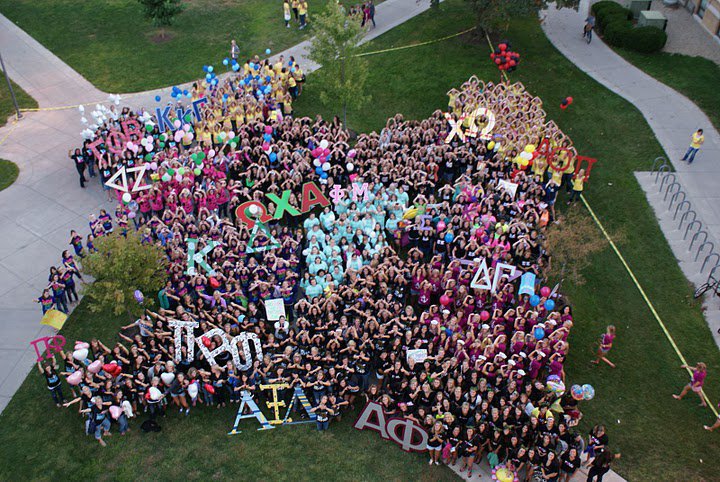“If you’re looking to go out in CP tonight in honor of MLK hit me up. Black girls are 78.45% easier on this holiday it’s a proven fact. If that doesn’t excite you there are a lot of white people here as well, either way it’s gonna be a good time.”
Earlier this week, these words were leaked from the Tau Epsilon Phi fraternity Listserv. Though it does not point to pervasive bigotry in the Greek community, it does indicate a failing of all our members to stand up and say this is not an unbridled space to voice your most evil proclamations. Too often, we witness words and actions that we know are wrong but stay silent, coexisting in pluralistic ignorance.
This silencing is not, by any means, limited to Greek life. Groupthink is present in all walks of life. It can be as dangerous as governmental policies concerning war to something as (seemingly) innocuous as an email. Writer and businesswoman Margaret Heffernan explains in her book Willful Blindness: Why We Ignore the Obvious at Our Peril that there are often obvious signals that something is wrong — whether in a company or a small community — but that we subconsciously avoid awareness of it. Willful blindness allows us to escape confrontation or face uncomfortable truths that might contradict our own beliefs.
I am not at all excusing the Greek community. This has happened enough times on the University of Maryland’s campus that willful blindness can no longer be an explanation. Panhellenic Association President Maddy Bruffy made a big step on Wednesday when she tweeted a letter in response. She not only rebuked the prejudice and misogyny that reeked in the two-lined email but she also demanded the responsibility of Panhellenic women:
“It’s our responsibility to stand up not only because of our general respect for others, but because of the number of women in Panhellenic who identify as women of color. … There is something wrong with our community and I think we are all part of the problem. Though we as sorority women may not directly encourage this mentality, we continue to let it persist. We need to stand up against hateful words and actions and remind our members that there is no room for that in our community.”
It is not a small thing for the leader of an organization to speak of the malignancies within it. A call to action, especially when it comes to issues of race, often makes constituents behave defensively, emphasizing the guilt of the individual rather than a reflection on the entire community. But I think Bruffy is right. I have witnessed the misogyny and racism that is allowed to run rampant because no one does anything to stop it. I have neglected my duty to defend the targets of their words.
I cannot bring myself to regret my decision to join my sorority because of the incredible friendships I have made. I have felt the support of more than 100 women countless times and have watched all of them strive to be better and do great things for the community. I do not regret my decision to rush, but I often feel shame for belonging to the same organization that breeds hatred and encourages conformity.
When I spoke to Bruffy directly, she said, “The PHA community is exploring what actions and changes we can make to keep our focus on combatting these mindsets, even when things seem to ‘blow over.’ We need to face our issues head on and make the changes we are promising.” I hope that Bruffy’s words mark a turning point for our community and that we will start making change that is necessary for all women and all people of color to feel safe and accepted on the university’s campus.
Emily Shwake is a senior English major. She can be reached at eshwakedbk@gmail.com.



